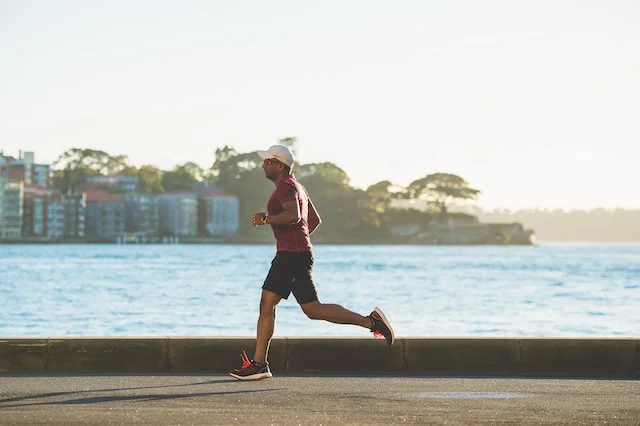Determining the optimal time to hit the gym can significantly impact the effectiveness of your workout routine. In this comprehensive guide, we’ll explore the scientific evidence behind various workout timings to help you make an informed decision.
Factors Influencing Workout Timing
1. Circadian Rhythm
The body’s internal clock, known as the circadian rhythm, regulates various physiological processes over a 24-hour cycle. Understanding this rhythm can help identify the best time for your workouts.
2. Personal Schedule and Preferences
Consider your daily routine, work schedule, and when you feel most energized. Choosing a time that aligns with your lifestyle will make it easier to stick to your fitness regimen.
3. Fitness Goals
Your fitness objectives also play a role. Morning workouts might be better for fat burning, while afternoon or evening sessions could be more conducive to building strength and muscle.
Pros and Cons of Different Workout Times
1. Morning Workouts (6 am – 10 am)
Pros:
- Metabolism Boost: Morning workouts kickstart your metabolism, potentially leading to increased calorie burn throughout the day.
- Consistency: Fewer schedule disruptions in the morning, leading to more consistent workouts.
- Enhanced Mood and Focus: Exercise releases endorphins, improving mood and focus for the day ahead.
Cons:
- Warm-Up Time: The body may take longer to warm up in the morning, potentially leading to a slower start.
2. Afternoon Workouts (12 pm – 4 pm)
Pros:
- Optimal Physical Performance: Body temperature and muscle function are at their peak in the afternoon, potentially leading to improved strength and endurance.
- Reduced Risk of Injury: Muscles and joints are more limber, reducing the risk of injury.
Cons:
- Time Constraints: Afternoon workouts may clash with work or other commitments.
3. Evening Workouts (5 pm – 9 pm)
Pros:
- Improved Performance: Lung function, strength, and endurance tend to peak in the evening, potentially leading to better performance.
- Stress Relief: A workout in the evening can help alleviate stress and unwind after a busy day.
Cons:
- Crowded Gyms: Evening hours are popular, so gyms may be busier.
Tailoring Your Workout Time
1. Experiment and Observe
Try different workout times for a few weeks and observe how your body responds. Pay attention to energy levels, mood, and overall performance.
2. Prioritize Consistency
Regardless of the time you choose, consistency is key. A regularly scheduled workout routine will yield the best results over time.
3. Listen to Your Body
Ultimately, the best time to go to the gym is when you feel most energized and motivated. Trust your body’s signals.
Conclusion
The best time to go to the gym ultimately depends on your personal schedule, preferences, and fitness goals. Whether you’re an early riser, a midday exerciser, or an evening enthusiast, the key is to find a routine that aligns with your lifestyle and allows you to consistently engage in physical activity. Remember, the most effective workout time is the one that you can stick to consistently in the long run.






